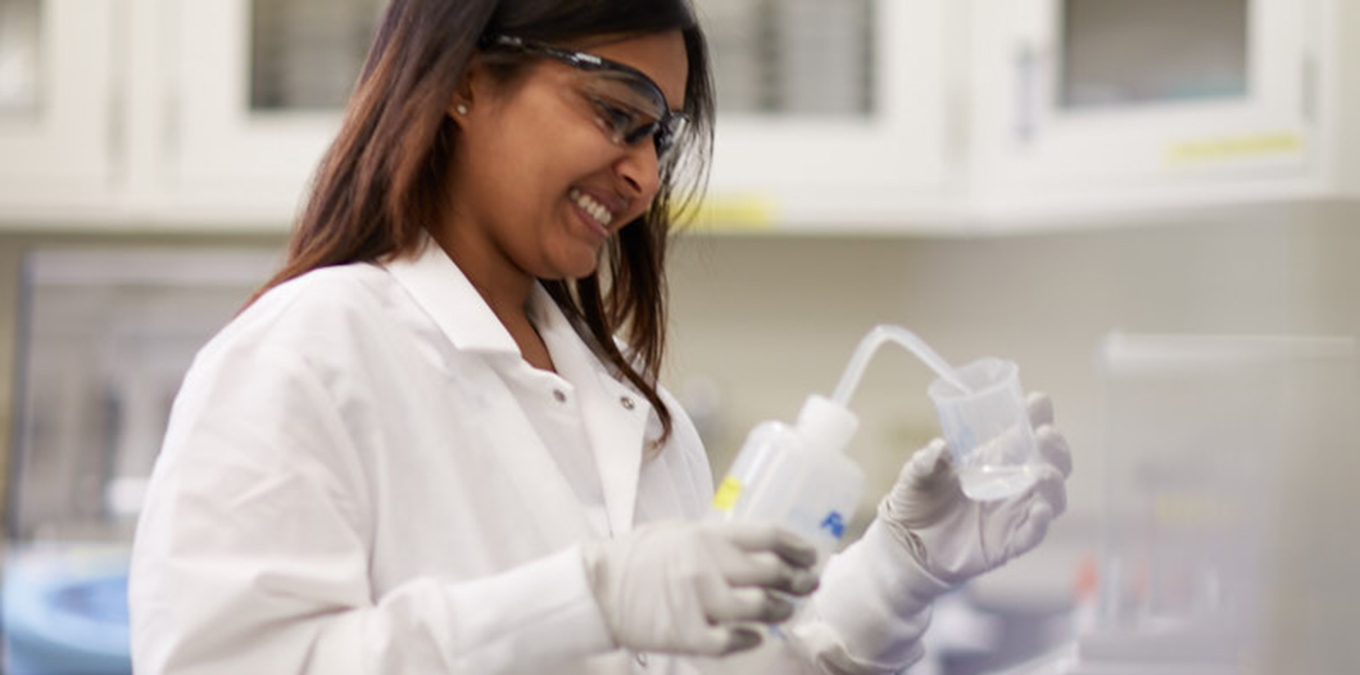Medicinal Chemistry (Non-Thesis)
Earn your Master of Science in Medicinal Chemistry via the non-thesis track at the Duquesne University Graduate School of Pharmaceutical Sciences in Pittsburgh, Pennsylvania.
Application Checklist
Before starting your online application, please gather the following:
- Official Transcripts (Credential Evaluations Required for International Students)
- Résumé
- Essay
- Letters of Recommendation
- GMAT/GRE Scores (Optional)
- TOEFL/IELTS Scores (International Students Only)
International Students
If your undergraduate and/or graduate degrees are from an institution located outside of the United States, you must use a transcript credential evaluation service to obtain a course-by-course report. The official reports must be sent directly to Duquesne University from the organization you order through and will qualify as official transcripts. Please review our Transcript Credential Evaluation Instructions.
Application Deadlines
Application deadlines vary by program. Many programs allow students to apply for the fall or spring semester. Some programs also allow for a summer start term.
Tuition Information
Tuition for the Master of Science in Medicinal Chemistry is $1,973 per credit. More information on tuition rates can be found here.
Program Information
Earn your Master of Science in Medicinal Chemistry degree via the non-thesis track at the Duquesne University Graduate School of Pharmaceutical Sciences.
Program Type
Major
Degree
Master's
School
Duration
4-year
Required Credit Hours
56


